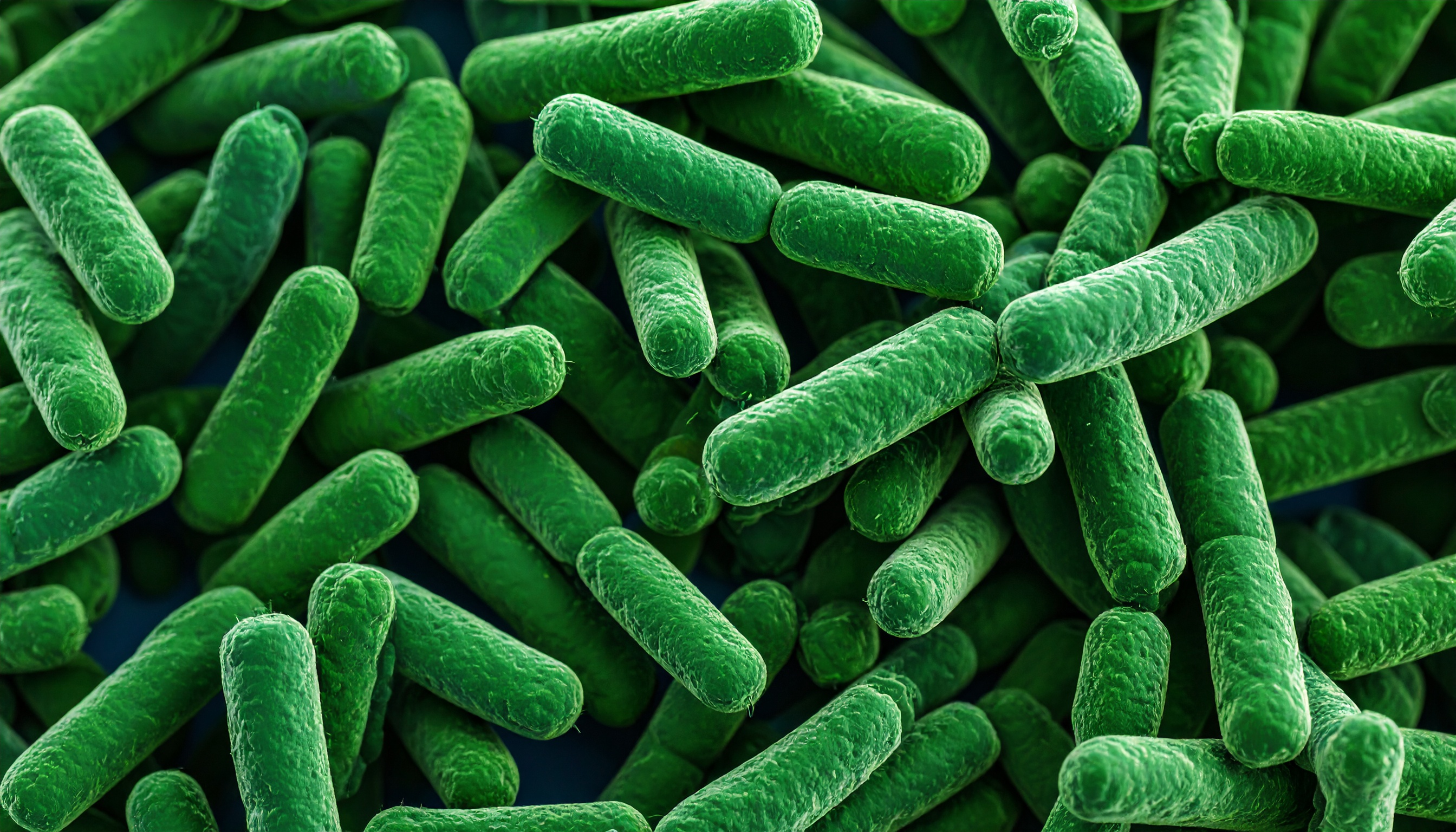Breakthrough study reveals how specific probiotic gut bacteria can prevent heart transplant rejection with 100% success rates. Discover how microbiome testing could predict and reduce heart transplant rejection risk.
Heart transplant rejection could soon become predictable through a revolutionary discovery about gut bacteria. Groundbreaking research from international scientists has revealed that specific gut microbes can dramatically prevent heart transplant rejection, with certain bacterial combinations achieving remarkable 100% success rates. This breakthrough could transform how doctors assess transplant candidates and manage post-surgical care, potentially eliminating heart transplant rejection for thousands of patients worldwide.
How Gut Bacteria Prevent Heart Transplant Rejection
If you or your close ones are suffering from heart disease, then you know that a transplant may sometimes be the only ticket to survival. Organ rejection, however, makes things difficult. Transplant recipients usually take strong medications to prevent their immune system from rejecting the new organ. Still, around 10% of patients die in the first three years following the operation, as their bodies react strongly to the foreign tissue that could have saved their lives (1) .
The Immune System Connection: How Gut Bacteria Reduce Heart Transplant Rejection
The link between a successful heart transplantation and the gut is our immune system. But now, scientists are revealing that bacteria in our gut may predict weather a transplantation will be successful or not (2) . Researchers from the University of Maryland School of Medicine, US, the University of Hohenheimt in Germany and Université Côte d’Azur in France have just showed that the link between a successful heart transplantation and the gut is our immune system.
Pregnancy Bacteria Show 100% Success Rate in Transplant Studies
Jonathan Bromberg, professor of surgery, microbiology and immunology at Maryland School of Medicine, and his colleagues wanted to study how gut microbes could delay or prevent the rejection of transplants. They thought that bacteria from pregnant mice could be useful. That’s because the mother’s immune system is suppressed during pregnancy, in order to prevent any attacks against the growing embryo.
When mice that got a non-matching heart transplant received gut bacteria from pregnant mice, all responded well to their transplanted heart – 100% success!
The team showed that when mice that got a non-matching heart transplant received gut bacteria from pregnant mice, all responded well to their transplanted heart – 100% success! What great news, especially considering that those who received bacteria from “normal” mice or mice with colitis – a disease that causes gut inflammation – the transplanted heart got rejected in most cases.
Probiotic Gut Bacteria That Prevent Heart Transplant Rejection
Now, you may be wondering what kinds of your own gut bacteria could help with an organ transplant. To answer exactly this, the team took a closer look into which specific types of bacteria could be behind these promising results.
For the most positive transplant outcomes, Bifidobacterium pseudolongum was linked, whilst bacteria belonging to the Mucispirillum and Desulfovibrio types were most associated with organ rejections.
For the most positive transplant outcomes, Bifidobacterium pseudolongum was linked, whilst bacteria belonging to the Mucispirillum and Desulfovibrio types were most associated with organ rejections.
Pinpointing these specific bacteria types could be a useful tool in the hands of physicians, who could potentially use them to predict patient responses to organ transplantation. Nonetheless, you could be asking: how does this happen? One possible explanation is that gut bacteria are able to come in contact with our immune cells on the intestinal wall. From there, they can tune our immune responses. “It’s a way to turn down the volume knob on the immune system,” says Bromberg.
Future Implications for All Organ Transplantation
The scientists think that these results could be relevant for transplantations of other organs as well. It seems our microbes are there for us and all our other organs, old and new.



